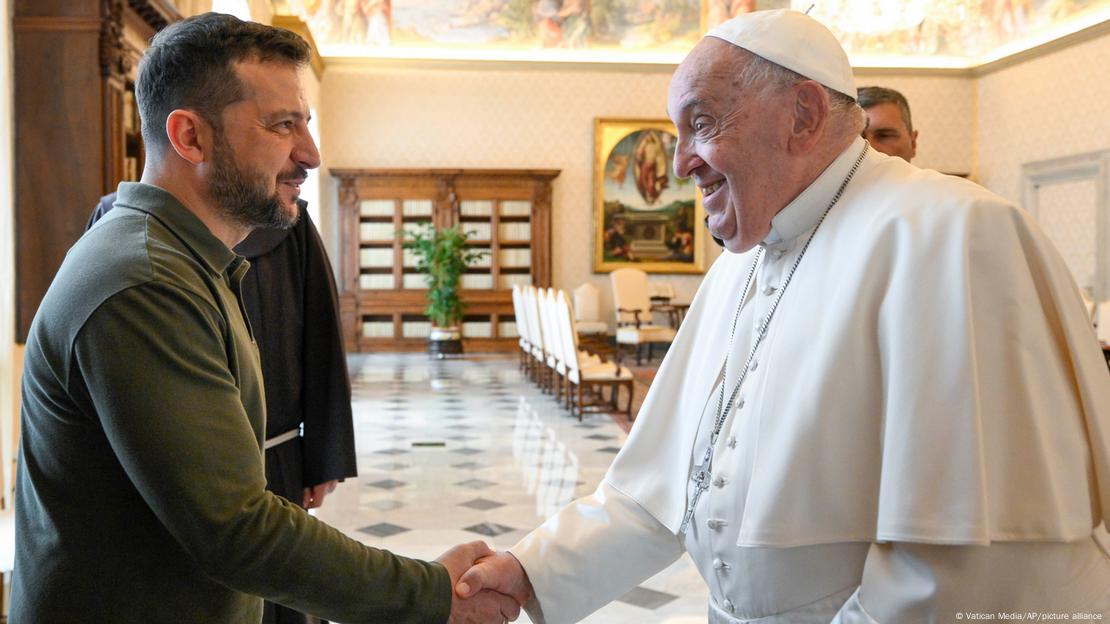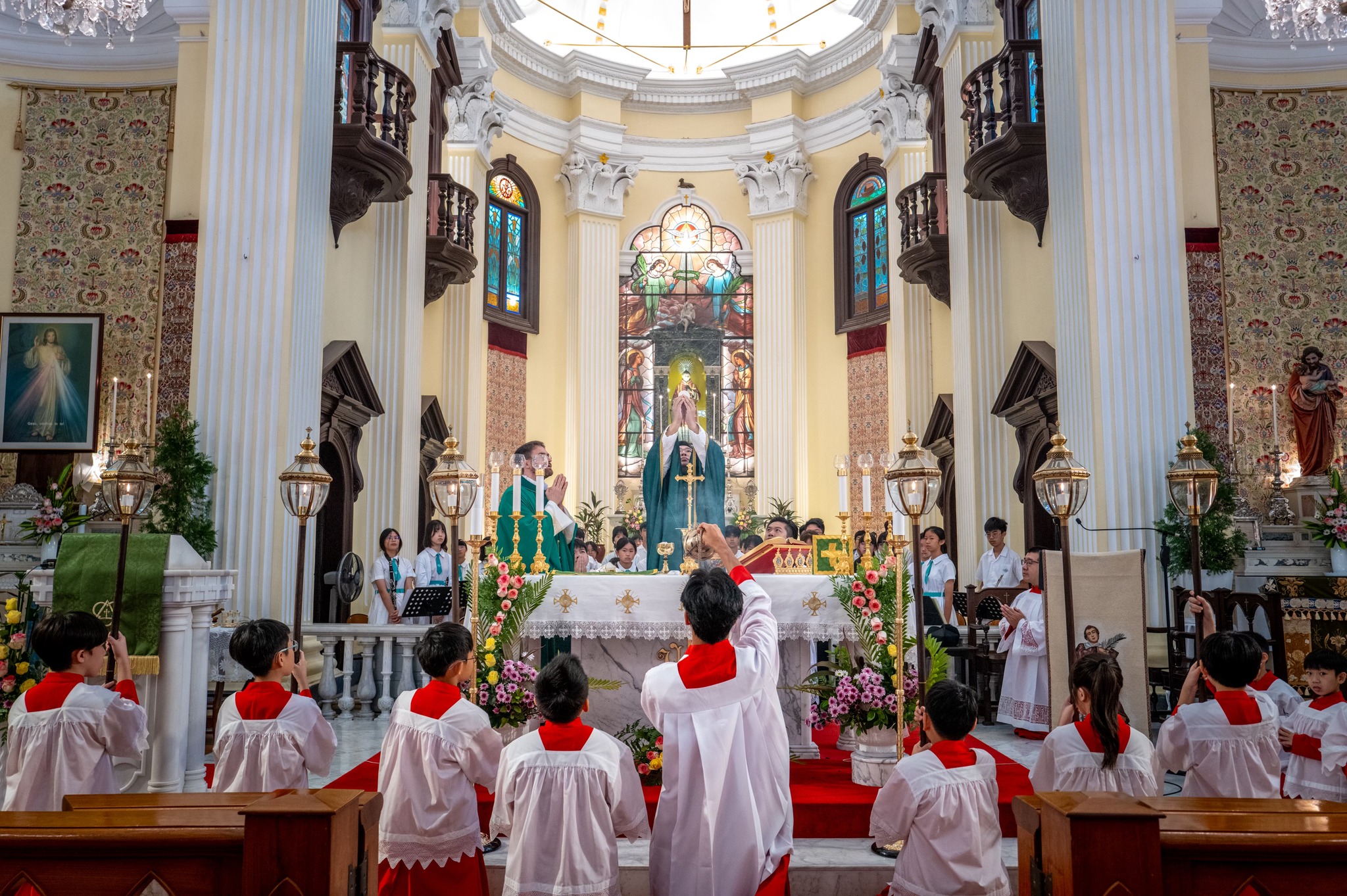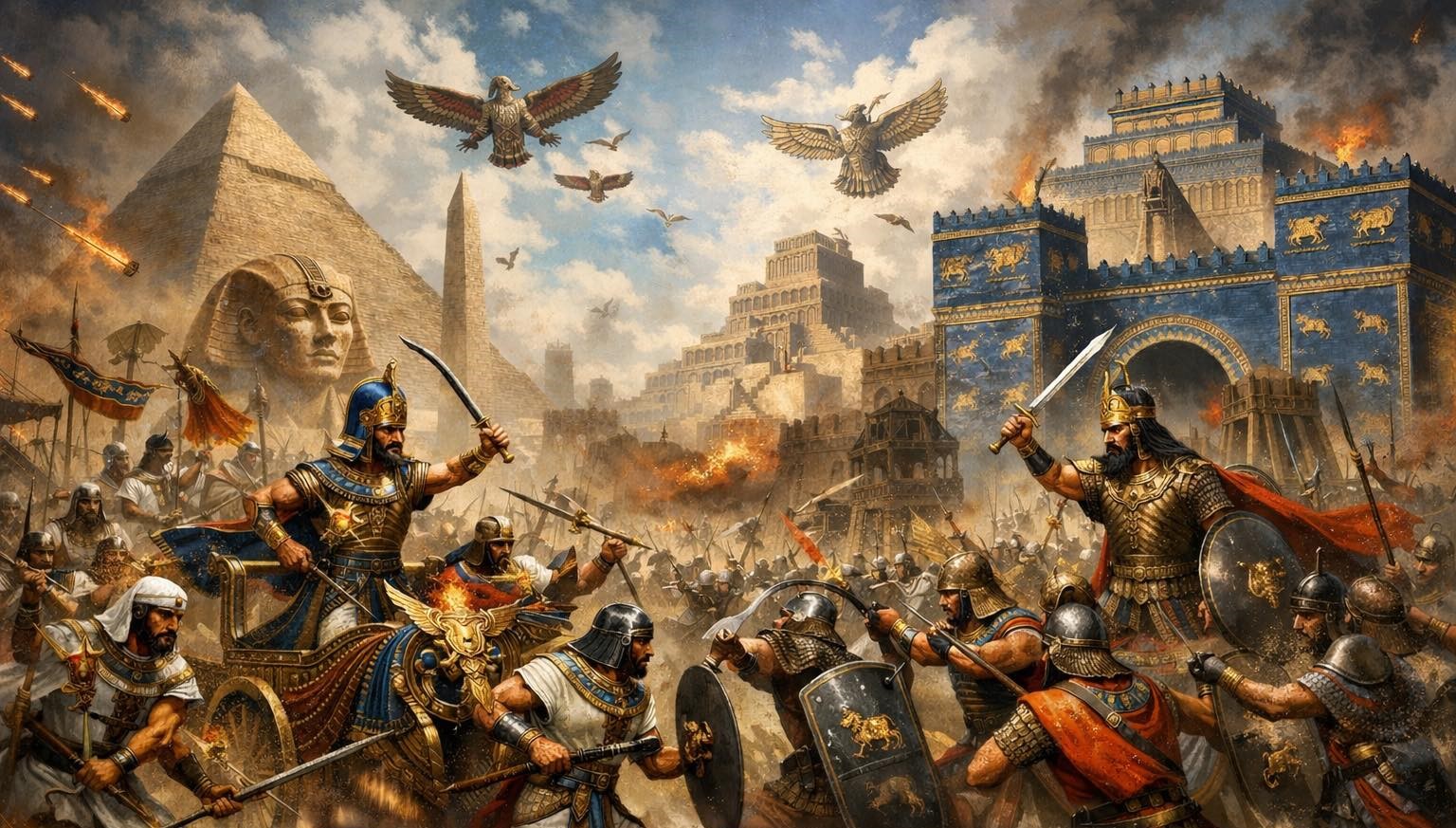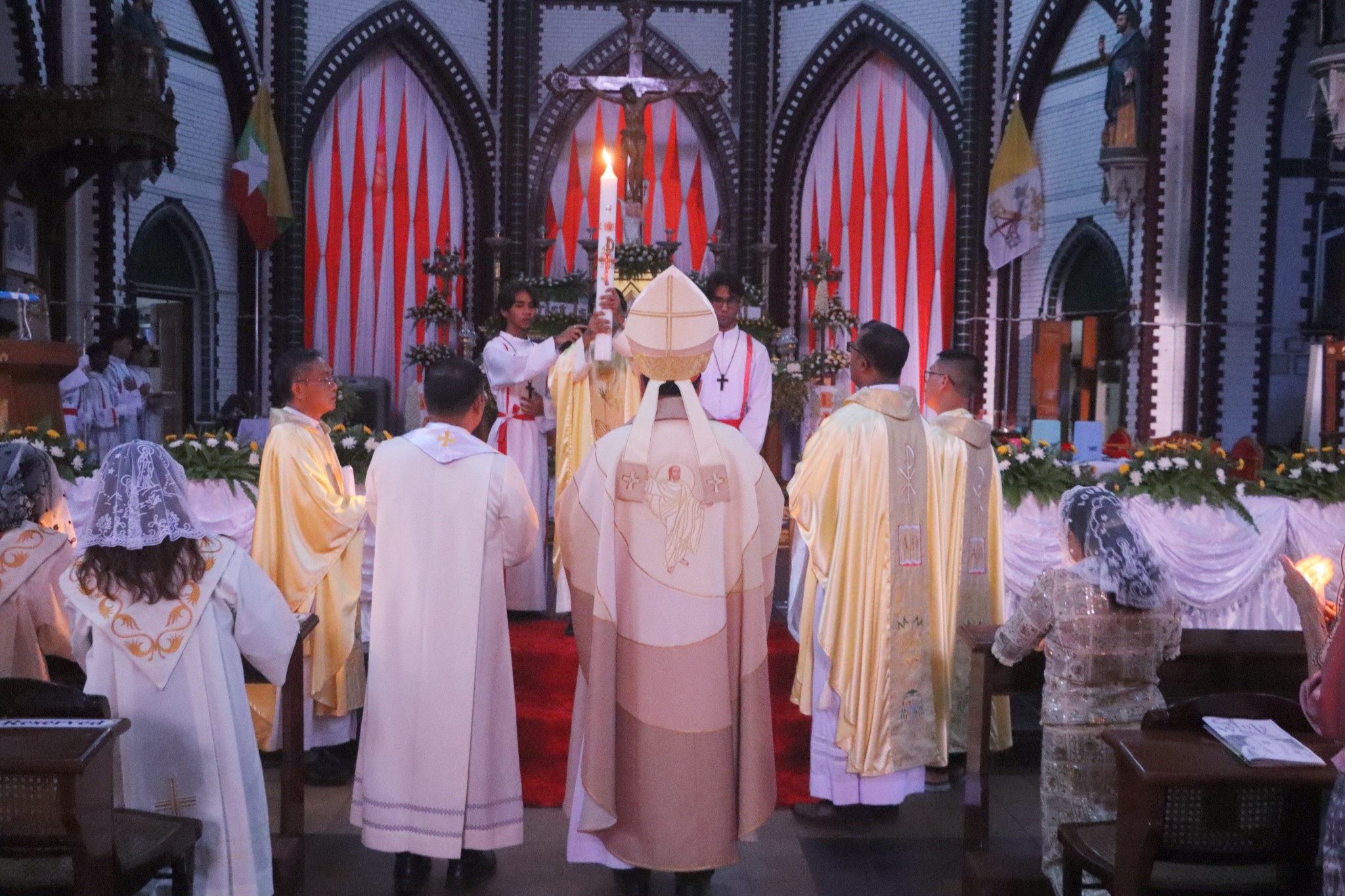Marco Carvalho
In his twelve-year pontificate, Jorge Maria Bergoglio has confronted some of the deepest problems in the Catholic Church, but his legacy as Saint Peter’s successor extends far beyond the realms of faith. Pope Francis has placed the Church before the challenges that confront the world and humanity, addressing problems such as climate crisis, economic inequality and social justice. With the death of the Argentine pontiff, aged 88, the world bid farewell to a tireless defender of a more just and humane economy. Among the multiple dimensions of his papacy is the relentless defense of the metamorphosis of the prevailing economic system through love, witness and hope, rather than power or wealth. This perspective gave rise to the so-called “Economy of Francesco”, a global movement that invited economists, academics and businesspeople from all over the world to rethink the economic system based on the values of the Gospel. On May 1st, 2019, the Holy Father appealed to young people and institutions from all over the world to join a joint effort to give life to the economy of the future. The Macau Ricci Institute (MRI) contributed to the mission, with the so-called “Macau Manifesto. The Director of the MRI, Father Stephan Rothlin, recalls the Pope’s profound legacy on economic justice. The Jesuit missionary, who holds a PhD in Economy and Philosophy, praises Francis’ push to transform an economy into an economy of life and common good.
Pope Francis was since the early days of his papacy an advocate for economic and social justice. What would you say is his biggest legacy, economically speaking?
Father Stephan Rothlin: Since the beginning of his papacy, Pope Francis was addressing key issues of economic and social justice which are often ignored in the political discourse. His analysis that a predatory kind of “economy kills” was indeed a strong wake up call. Pope Francis did constantly hint to the inner link between faith in the Crucified and Risen Lord and the commitment to Justice: In the three Encyclical Letters – namely the “Evangelii Gaudium”(The Joy of the Gospel), signed in 2013, “Laudato Si”, published in 2015, and “Fratelli Tutti, signed in 2020 – he explained in a nuanced and concrete way what Catholic Social Teaching has been advocating for more than one hundred years, with a special new focus on the care for our common home and the strong need to develop a new paradigm of economics, built on the principles of solidarity, subsidiarity and the common good.
Will Pope Francis’ perspectives on economy – namely his attempt to promote and enforce a more humane and sustainable economy – survive his papacy? Will the “Economy of Francesco” stand the test of time?
F.S.R: There has been always a risk of ignoring the urgent calls for a more humane and sustainable economy. However, I think that the “Economy of Francesco” is in close line with the social teaching of his predecessors, especially John XXIII, John Paul II and Benedict XVI, who have all advocated the promotion of a humane and sustainable economy as a key mission of faith in a broken world. It is a great challenge for the local and universal church not just to pay mere lip service to these very important principles but do their best to implement them with a special attention to those people who are left behind. The role of the church as a kind of “lazaret”- the expression was coined by Pope Francis himself – where the wounded will find some kind of emergency care, will certainly accompany us in this endeavor and should prevent us to forget or dismiss this mission.
The Macau Ricci Institute contributed to this attempt to change the economic paradigm with the so called “Macau Manifesto”. What are the basic stances of the Macau Manifesto? And how does it complement the values that the “Economy of Francesco” upholds?
F.S.R: The Macau Manifesto is an attempt to respond to the call of Pope Francis five years ago who especially challenged young economists to come up with a new paradigm of economics which would educate different circles of society, not only students, to care for others, instead of just being obsessed with egoistic profit maximization and rent seeking. The three pillars of the Macau Manifesto summarize briefly the key insights of Catholic Social Teaching, namely Subsidiarity Economics, Common Good Entrepreneurship and Wellbeing for All, with relevant case studies.
What’s at stake when we recall Pope Francis’ financial and economic legacy?
F.S.R: Pope Francis advocated a synodal approach of a church inspired by the reform process of the Second Vatican Council, centered on the people of God walking humbly together while listening to each other. The option for the poor, as advocated by the Liberation Theology, had certainly a profound impact on him. He was thus aware that an out-of-fashion Clero-fascism, with its lack of transparency, cronyism and corruption, including financial mismanagement, would deeply damage the image of the Church. Therefore, it seems appropriate and actually urgent to honor the legacy of this great pontificate by continuing the Herculean task to insist on ensuring financial transparency in all church institutions.


 Follow
Follow


